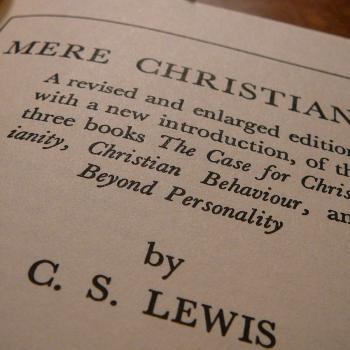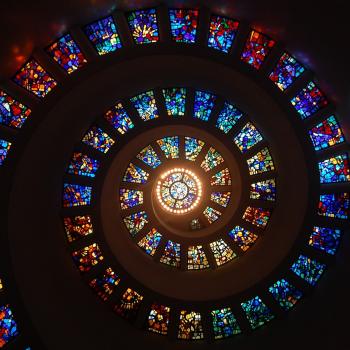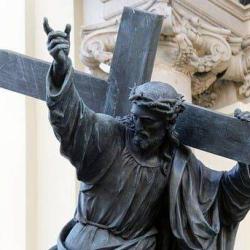A close reading of Scripture quickly reveals the use of various literary devices such as allegories and parables. For Catholics reading the New Testament, it can sometimes be tempting to echo the apostles in Matthew 13:10, “Why do you speak in parables?” After all, what purpose do these rather strange stories serve? Despite their unusual nature, literary devices have a long history in religious pedagogy, as evidenced by their use in the Bible. In this essay, I will discuss the... Read more

















